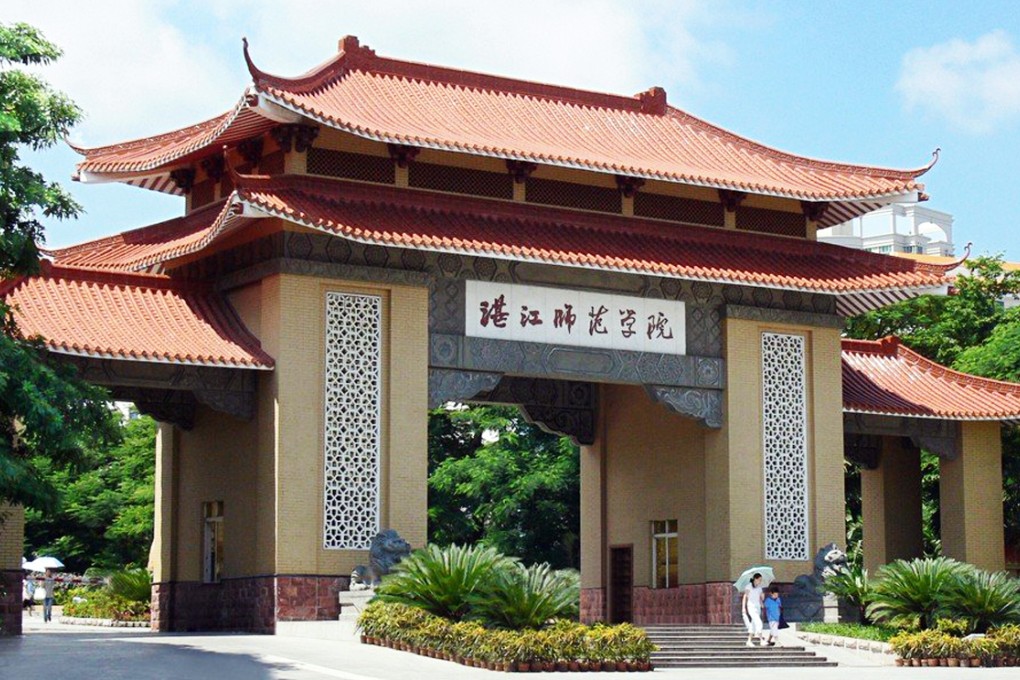Professor punished for 'radical views' amid fears China is tightening noose on freedom of speech
New Communist Party rules used to punish deputy department head for 'radical opinions' on Weibo are open to abuse, analysts warn

The punishment of an English language professor under new Communist Party guidelines that restrict cadres from criticising government policies has heightened fears the mainland is tightening the net on freedom of speech.
Liang Xinsheng was removed from his post as deputy head of the English department at Lingnan Normal University in Zhanjiang for publishing "radical opinions" on his Weibo account that had been a "bad social influence", Guangdong's provincial anti-graft watchdog said on Wednesday.
The posts by Liang, who remains a professor, were made between 2012 and 2014 and Liang had also violated "political discipline and rules" in July, the commission said, but it did not specify what the posts had said. The posts have been taken down.
Read more: China's Communist Party tightens grip on dissenting voices, gluttony, improper sexual relations - and golf
Citing a new discipline guideline, the commission warned party members against making remarks that contradicted the central leadership's decisions or spreading opinions that contradicted the party's policies.
Neither should they fabricate nor spread rumours tarnishing the image of the party or country.
The announcement of Liang's punishment comes just days after Zhao Xinwei, the former editor-in-chief of Xinjiang Daily, was expelled from the party over allegations he openly "made improper remarks" on key policies.
He was accused of making comments opposing how the party was run in Xinjiang and his "words and deeds" were said not to match the central or Xinjiang party committees' positions on separatism, terrorism and extremism.